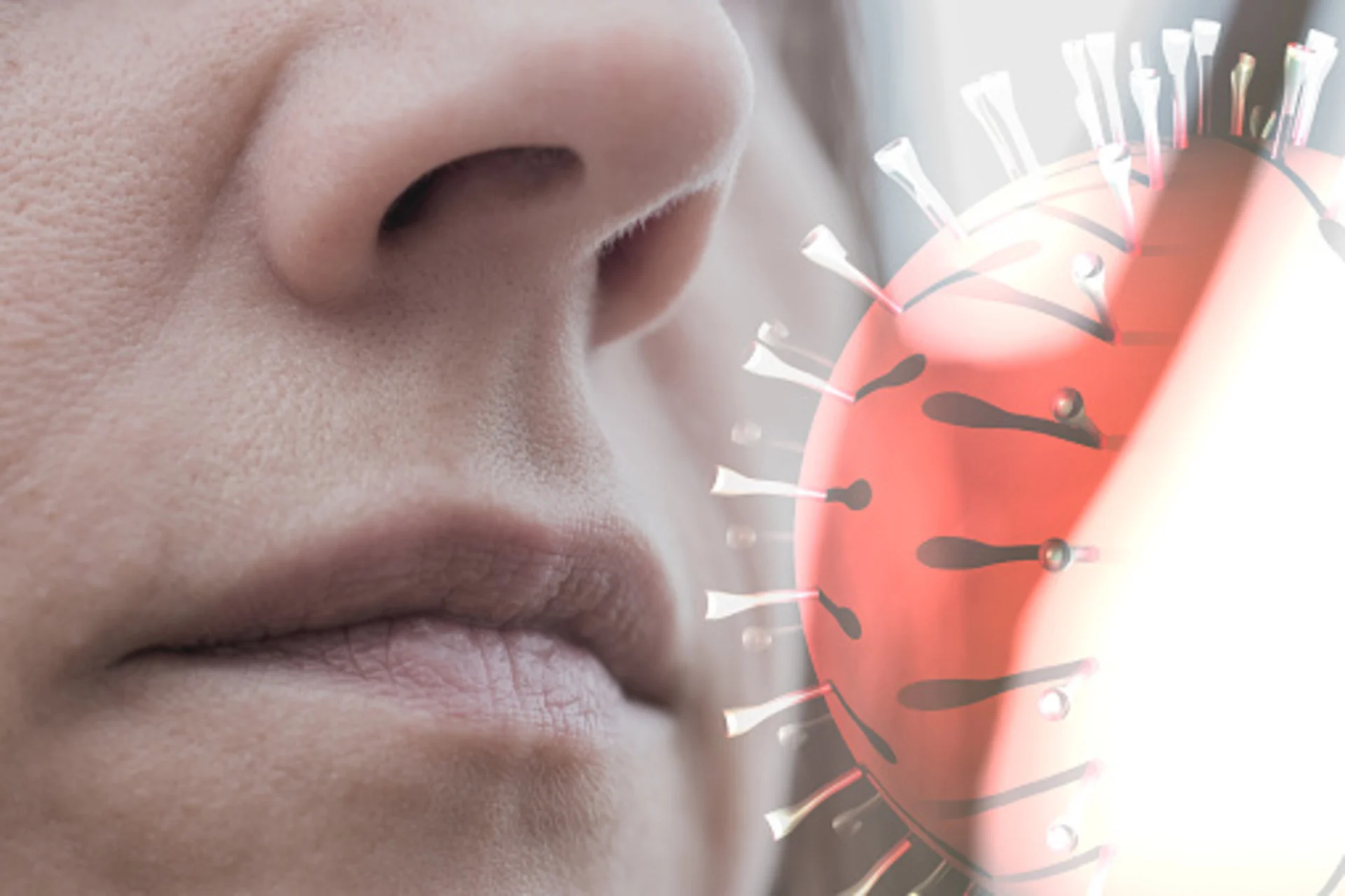
Ottawa enters 'diciest' weeks for viral transmission as cold weather returns
Public health experts urge residents to stay vigilant and get vaccinated as flu season arrives amid rising COVID-19 numbers in the Ottawa area.
"We're entering those weeks where things are the diciest," said Raywat Deonandan, an epidemiologist at the University of Ottawa, on CBC Radio's All In A Day.
The colder weather brings the triple threat of higher COVID-19, influenza and RSV transmission, as residents learned last fall.
Ottawa Public Health (OPH) data suggests COVID-19 activity increased last week, compared to the week before. Wastewater signals are very high and increasing, while 54 additional patients were admitted to Ottawa hospitals last week due to COVID-19.
SEE ALSO: Feeling under the weather? These lesser-known immune boosters can help
So far, influenza and other respiratory viruses have remained more stable than in 2022, according to OPH.
That's a promising sign, said Dr. Paul Roumeliotis, medical officer of health at the Eastern Ontario Health Unit.
"If you ask me for a prediction, yes, we're going to have a respiratory season," he said. "Yes, we're going to have three viruses simultaneously circulating, but not, I don't think, to the point of that simultaneous, sudden surge we had last year."
That surge overwhelmed hospitals during last year's cold and flu season, which Roumeliotis said is not happening so far in 2023.
COVID-19 levels are similar to last year, while flu cases were actually double or triple current levels and RSV peaked at the same time as COVID.
"We're seeing a slower increase in [RSV and flu levels]," he said. "Certainly not to the levels we had last year, which is good news."
RELATED: How allergies thrive during winter, and culprits to watch for
WATCH: Can you have more than one virus at the same time?
COVID could be stabilizing, experts say
Roumeliotis said he also sees some signs that COVID-19 trends could be stabilizing.
Deonandan sees indications of that too, though he remains wary about where other viruses could head in the near future.
"Some modelling suggests that we're at the peak right now. It's unclear," he said of COVID-19. "But definitely we do not want to increase transmission, especially as the RSV numbers are just beginning to pick up, and especially as we're at the early stages of the flu season."
DON'T MISS: The reason behind the flu season: How much do you know?
Both experts urged the public to follow public health measures, like staying home when you're sick and washing your hands. Deonandan said people should also consider "strategic masking" in high-risk environments.
Above all, they said, get vaccinated against COVID-19 and the flu.
Deonandan worries people seem to have "taken their foot off the brake pedal" in fighting infection. Uptake of the new booster shots against COVID-19 remains low, he said, despite the booster seeming to be effective against the most recent variants.
"It's really a shame," he said. "It's a very good booster. It seems to produce good quality neutralizing antibodies, the laboratory studies suggest, which means not only would it help us stay out of the hospital and out of the morgue [but also would give] a pretty good chance of preventing symptoms and transmission altogether."
WATCH: Using your humidifier to battle the flu, why you need to turn it up
This article, written by Arthur White-Crummey, was originally published for CBC News on Nov 19, 2023.
Header image credit: Aerogondo/Getty Images. Creative #: 1204686159









